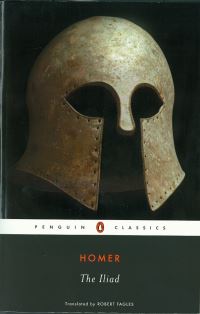Description
Margaret Tudor, the elder sister of her more famous brother Henry VIII, is the single most important Tudor figure of this era that historians have consistently overlooked. Married at thirteen to the charismatic James IV of Scotland, a man more than twice her age, she would learn the skills of statecraft that would enable her to survive his early death, and to construct a powerful position in her adopted country of Scotland as she dealt with domestic issues as well as navigating international relations with England and France.
Often reviled for her hasty remarriage (and therefore the loss of the regency) the book shows that Margaret was damned if she did remarry and damned if she didn’t. Her two subsequent marriages were both disastrous personally, but she never gave up. Her son attained the throne in his own right in 1528, largely through his mother’s determination.
Margaret’s story is also one of fierce sibling rivalry with her younger brother, Henry VIII, a series of matrimonial mishaps, and fighting off an unearned reputation as an over-sexed whinger fixated by clothes and jewels, Margaret was a complex (not always likeable) woman who had the true Tudor attributes of self-expression and a flair for the dramatic. She knew that you had to look like a queen.
Drawing on Margaret’s extensive correspondence (more of her letters survive than of all the other Tudor queens put together), and contemporary poems and literature, Linda Porter fashions a compelling story of a misunderstood and underestimated Tudor monarch, whose determination to fight for the rights of her son, James V, is at the core of her dramatic life and indeed laid the groundwork for a future British state.




